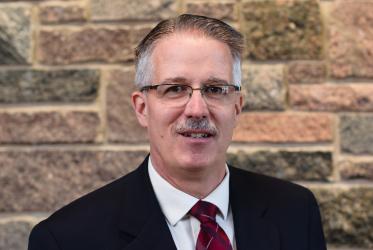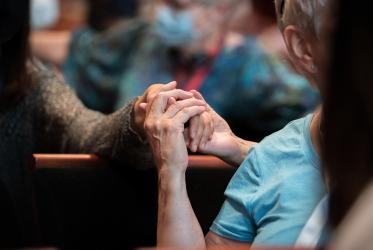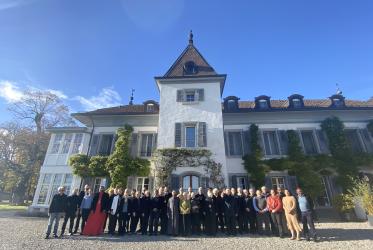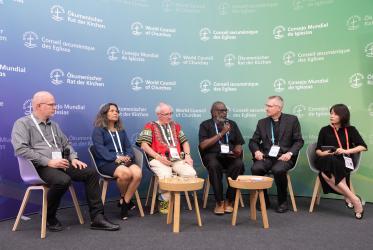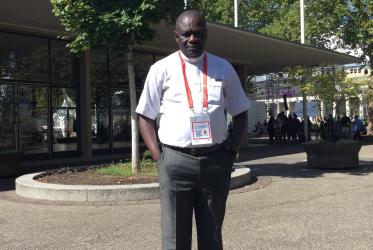Displaying 101 - 120 of 300
Pandemic and pedagogy: what are the valuable lessons?
21 December 2022
Towards a Global Vision of the Church Volume I
Explorations on Global Christianity and Ecclesiology, Faith and Order Paper 234
14 November 2022
Migrants in Argentina find listening ears and open hearts
04 November 2022
WCC 11th Assembly: safe and welcoming environment for all
19 September 2022
Assembly workshop looked toward ending AIDS epidemic by 2030
19 September 2022
Christ’s Love (Re)moves Borders – GETI 2022 in images
13 September 2022
